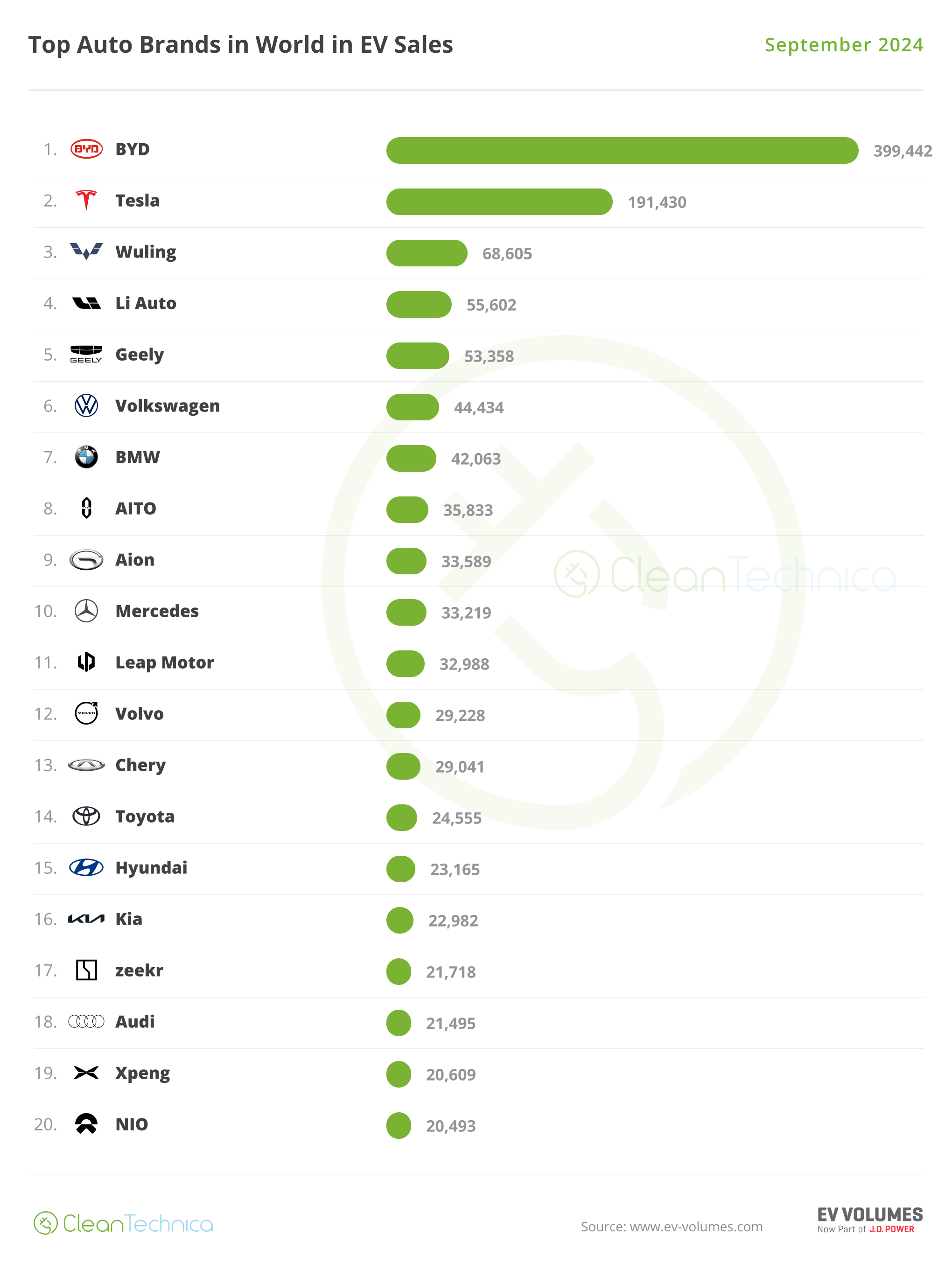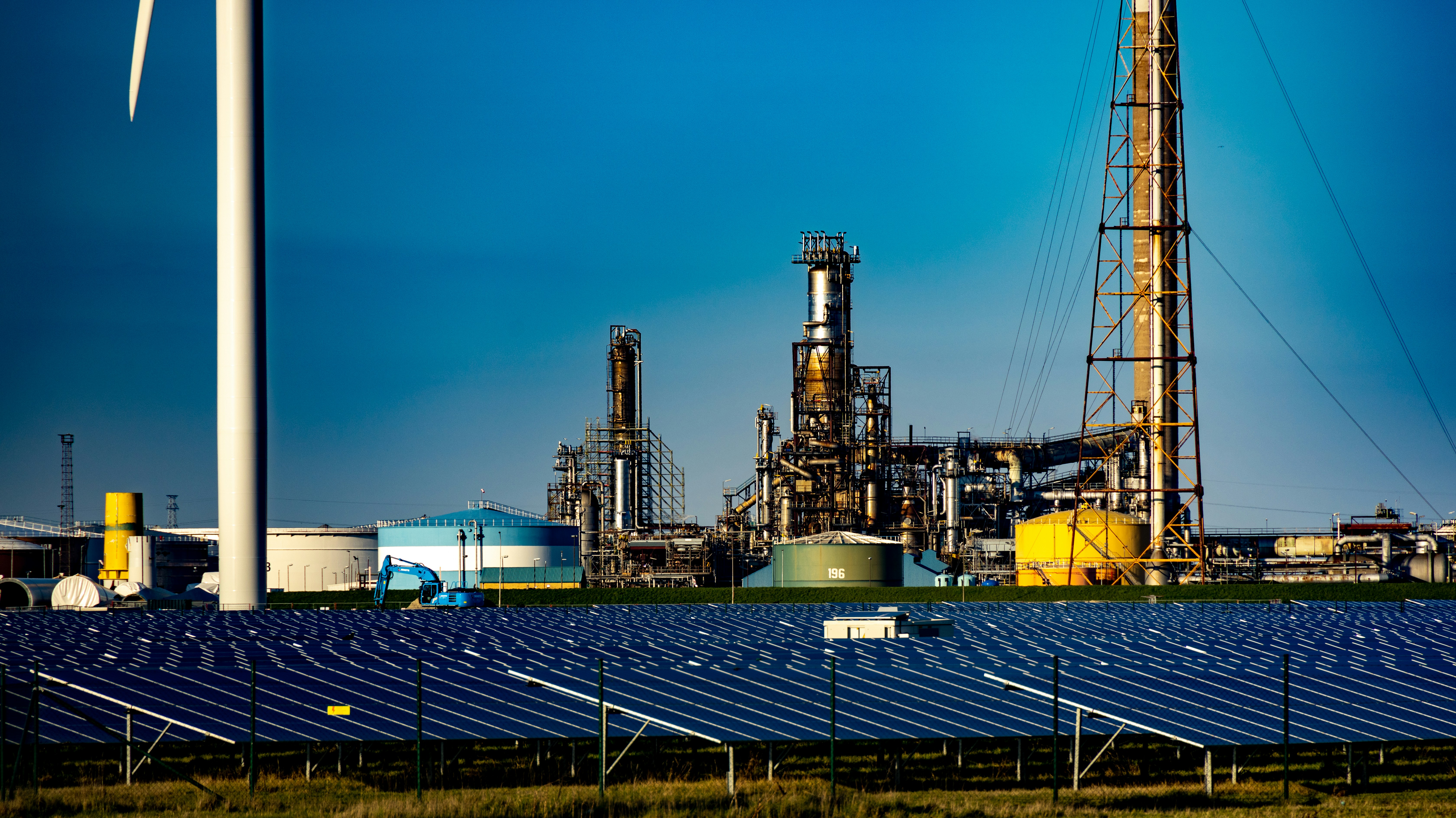
Reprinted from GreenBuzz, a free weekly e-newsletter. Subscribe right here.
It is a bizarre second in sustainable enterprise. The company exercise, the cash flows, and the stress from customers, buyers and regulators to take extra proactive measures — all are ramping up. The mainstream media curiosity in company sustainability and local weather tech is rising, too, a mirrored image of the perceived significance of firms’ efforts to reduce their destructive impacts and, in a small however rising variety of instances, improve their optimistic impacts on folks and the planet.
It is a heady time for these of us who’ve been toiling in these fields for years or many years, typically removed from the limelight. So, why do firm communications on these efforts appear so feeble and — OK, I’ll simply say it — incompetent?
In the case of sustainability, few firms appear to have mastered the artwork of storytelling. And to the extent they inform tales, they’re all too typically stuffed with impenetrable jargon, head-scratching information, overarching generalizations — and approach too many buzzwords — that may undercut or obscure no matter message they’re attempting to speak.
Corporations concern the backlash from each the left (‘too little, too late’) and the best (‘an excessive amount of, too quickly’).
It’s not simply consumer-facing messaging. Right here is the opening sentence of an precise, real-life press pitch I obtained final week:
ClimaFi, a British local weather tech firm, has teamed up with Concordium, a permissionless layer 1, science-backed blockchain designed to stability privateness with accountability by way of its WEB three ID layer and using Zero-knowledge proofs, to launch a platform for buying and selling carbon credit from verified UK peatlands and woodlands.
I’ve learn and reread this run-on sentence a number of instances. I get the gist — however, then once more, I’ve been within the subject for many years. Clearly, the great folks at ClimaFi and Concordium wished to pack in as many particulars as doable into the opening sentence, a phenomenon I see with disheartening regularity. I’m guessing few editors’ and reporters’ understanding of tech and local weather can be adequate to discern the story these guys try to inform. I’m positive it’s a great story, perhaps even essential. There’s no approach of understanding, at the very least not from this phrase salad.
That’s only one instance, nonetheless egregious, of the cutting-edge of sustainability comms. Is it any marvel few of those tales see the sunshine of day?
Cattle name
Right here’s one other instance, from the worldwide meals big Danone: the lead paragraph of a press launch issued final month touting the corporate’s plan to scale back emissions of methane, a potent greenhouse gasoline, from dairy cattle:
Danone, a number one meals firm and one of many world’s largest dairy firms, declares at the moment a worldwide motion plan to scale back absolute methane emissions from its contemporary milk provide chain by 30% by 2030. Danone expects to take away 1.2 million tons carbon dioxide equal of methane emissions by 2030. This bold plan builds on the progress Danone has been making lately, already decreasing its methane emissions by c. 14% between 2018 to 2020.
The message is marginally clearer, nevertheless it lacks essential context. Is 30 % somewhat or so much? Is there a subsequent objective to finally zero out its methane emissions (and, if that’s the case, when or is 30 % the last word objective? After which there’s the jargon: Will reporters clearly perceive “absolute” emissions reductions or “tons carbon dioxide equal of methane emissions” or “c. 14%”? I’ve my doubts.
I don’t wish to pooh-pooh Danone’s announcement right here — it strikes me as a management objective, albeit a partial repair to a vexing drawback, however once more, I’m an informed client of such data. And Danone is hardly alone on this regard. Practically all company bulletins on sustainability points lack context that may assist the reader — a reporter, worker or different stakeholder — perceive its significance.
These challenges will solely improve. The mixed forces of the second — the rising public concern concerning the ravages of a altering local weather, the rising regulatory scrutiny of firm statements, the incessant activist fees of greenwash and the saber-rattling of opportunistic politicians, bloggers and podcasters towards so-called “woke capitalism” — will conspire to tamp down company sustainability communications at a time when firms have to be extra outspoken than ever.
Sarcastically, that is additionally a time when firms have larger and extra essential tales to inform. Pure useful resource use is turning into extra environment friendly; preserving biodiversity is a rising enterprise difficulty. Toxicity in merchandise and waste streams is slowly however absolutely being lowered. Most industries are wringing out the carbon and water depth of their merchandise and processes. Some are transferring rapidly to impress and decarbonize elements of their operations and provide chains. Local weather tech is scaling so rapidly that renewable power is the most affordable type of energy and electrical automobiles are cost-competitive with petroleum-powered ones. Even so-called “laborious to abate” sectors similar to metal and concrete are discovering revolutionary methods to scale back emissions.
In different phrases, this needs to be increase instances for firms and their sustainability comms companions. They need to be strutting their stuff, drowning out the naysayers and the grievance peddlers who say that these items can’t, or shouldn’t, be achieved.
And but they’re being achieved, and corporations are reaping the advantages on the identical time they’re serving to transition once-intractable sectors into a brand new, extra sustainable course.
Corporations haven’t but risen to the comms problem. Removed from it. They nonetheless see sustainability as an ancillary difficulty, of minimal curiosity to all however probably the most passionate souls. They concern the backlash from critics on each the left (“too little, too late”) and the best (“an excessive amount of, too quickly”). They relegate communications assignments to younger staffers or exterior PR companies, who could also be ill-equipped to combine content material and context in a approach that makes sustainability communications accessible to their supposed audiences.
From an organization perspective, it is a self-fulfilling prophecy: These items isn’t that essential. Let’s verify the field and difficulty a press launch, counting on the tried-and-true method we’ve used for all our company comms. Let’s not put an excessive amount of into it; in any case, it most likely received’t get that a lot consideration.
And, in fact, it doesn’t.
Thanks for studying. Yow will discover my previous articles right here. Additionally, I invite you to comply with me on Twitter and LinkedIn, subscribe to my Monday morning e-newsletter, GreenBuzz, from which this was reprinted, and take heed to GreenBiz 350, my weekly podcast, co-hosted with Heather Clancy.




